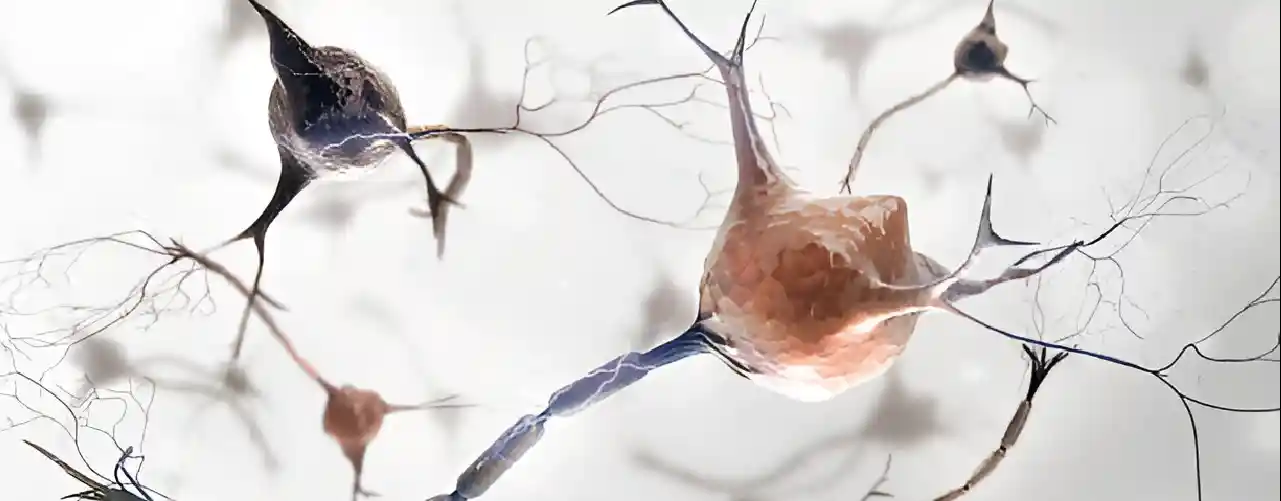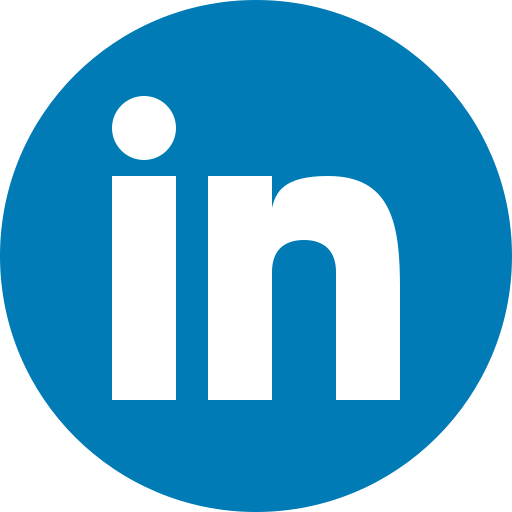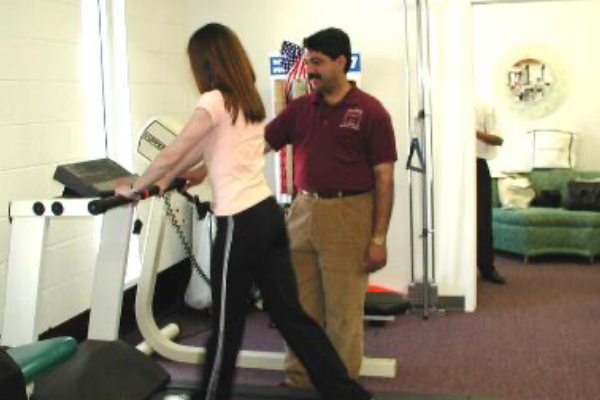Many people wonder if pain in their upper or lower body is caused by a pinched nerve or pulled muscle. Both can cause severe pain, and it’s necessary to differentiate between them. We are here to help you identify and treat pain accordingly.
Develop a Concept of Pulled and Pinched Nerve First
Let’s identify the difference between pulled muscle and pinched nerve.
Pulled Muscle
Pulled muscle or strain is an injury to the muscle or tendon that attaches the bone to the muscle. The condition occurs when the tissue in the muscle stretches uncomfortably or tears, leaving a sharp pain.
- What Causes Pulled Muscle?
They are usually caused by sudden weight lifting, repetitive damage of the same tissues, athletic activities, or intense exercises. Rare stretches cause minor pulled muscles, while serious pulled muscles are caused by muscle damage or tear. The more damaged a muscle is, the more time it will take to recover.
Some people also ask if dehydration can cause back pain and pulled muscles. The answer is yes. Low water concentration weakens muscle tendons, reducing their elasticity and flexibility.
- Where does the pulled muscle usually occur in the body?
Muscle strains usually occur in the lower back and hamstrings. Your lower back is involved in every movement you make in a day, so it is always at risk of experiencing pulled muscles. If you start exercising and running without a proper warm-up, it can cause pulled muscles in the hamstrings.
Pinched Nerve
A pinched nerve is an injury originating from the nerve roots connected to the spinal cord. These spinal nerves connect the vertebrae, discs, and joints. It occurs when there is pressure or damage in the nerve roots that join the bones, spurs, spinal discs, and facet joints. A pinched nerve causes numbness, weakness, and a tingling sensation along the path of the nerve that is pressed.
- What causes pinched nerves?
The causes of a pinched nerve range from severe health conditions to regular repetitive movements or workouts. Health conditions like herniated discs, diabetes, obesity, arthritis, thyroid disease, and injuries can also cause it. Another cause is sleeping on the shoulder; that’s why you need to learn how to sleep on the side without hurting your shoulder and lower back.
- Where does a pinched nerve usually occur in the body?
Although it can happen in any part of the body, the neck and the back are more likely to be affected. Pain doesn’t always start where the nerve is pressured; it travels through the nerve path to where it is connected. For example, if a nerve is pressed in the spine, the pain can shoot down to the leg if the nerve ends there.
Difference Between Pinched Nerve and Pulled Muscle
Now that you have an idea of what pinched nerve vs pulled muscle is, it’s time to make the differences very clear. It will help you identify whether your pain is caused by pulled muscle or pinched nerve.
Pinched Nerve vs Pulled Muscle
| No. | Pinched Nerve | Pulled Muscle |
| 1 | Injury in the nerve. | Injury in the muscle or tendons. |
| 2 | Pain travels along the nerve path. | Pain stays exactly where a muscle is damaged or pressured. |
| 3 | Tingling sensation | Muscles feel stiff and sore to the touch. |
Difference Between Pinched Nerve and Pulled Muscle in Shoulder Blade
The shoulder blade and upper back are some of the most common places to feel physical pain. That’s why it’s important to understand and learn how to treat pinched nerve in upper back or muscle strain in the upper body.
What is Muscle Strain vs Pinched Nerve in the Shoulder Blade?
Pinched Nerve in Shoulder Blade: A nerve root injury travels through the shoulder blades. Poor posture, accidents, and repetitive motions in the same direction cause it.
Pulled Muscle in Shoulder Blade: An injury caused by muscle stretch or damage in shoulder blade tissues. It is caused by sudden strain on the shoulder, lifting something heavy, and falling on the shoulder.
Treatments of Pinched Nerve vs Muscle Strain In Shoulder
For a , treatments such asPinched Nerve: The treatments like painkillers, massage, an ice pack, stretching, rest, and postural changes are most recommended.
For Pulled Muscles, you can try heat therapy, compressions, rest, elevation, and stress to relieve the pain, but the best option would be physical therapy for shoulder pain and strain. PTs can effectively help with pinched nerves or pulled muscles in the neck and shoulder.
What Does a Pinched Nerve in The Neck Feel Like?
Many people ask what a pinched nerve in neck feels like. Well, it feels like pins penetrating the neck and sending a tingling sensation to the lower back. Since the nerve roots connect the spine to all other surrounding muscles, pinched nerves cause burning pain that originates from the nerves and spreads in the upper back and to the neck.
The difference between pinched nerve or pulled muscle in neck is that a pinched nerve in the back can transfer pain to the neck, while neck pain via pinched neck muscles is the result of bad posture, and unusual neck movements.
What are You Facing? Pinched Nerve Vs Pulled Muscle
Now you have a clear idea of what is the difference between pain caused by a pinched nerve vs pulled muscle and what a pinched nerve in your neck feels like. Now, you would be able to identify it and treat it accordingly.





